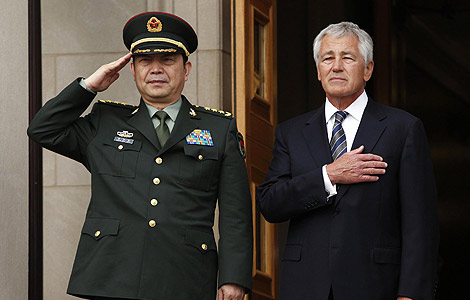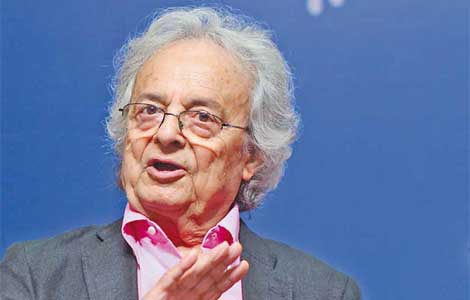'Taobao Villages' spark China's rural economy
Updated: 2013-08-20 15:15
(Xinhua)
|
||||||||
Grassroots in e-business
Wantou Village is just one of 14 "Taobao Villages" in China, according to Alibaba, a leading business-to-business website under the Chinese Internet giant Alibaba Group.
Alibaba defines a "Taobao Village" as a village in which over 10 percent of households run online stores and village e-commerce revenues exceed 10 million yuan per year.
By the end of 2012, more than 1.63 million Taobao stores were registered in rural areas. Total transactions from the 14 "Taobao villages" hit 5 billion yuan last year, according to a report released by Alireserach.
The growth of "Taobao Villages" has brought vitality to traditional agricultural areas of China, said Chen Liang, senior expert with Aliresearch.
Chen said that the villages are exploring a new path for China, with potential to realize sustainable economic growth and narrow the urban-rural income gap, much like the miracle created in Xiaogang Village over 30 years ago.
Located in eastern Anhui Province, Xiaogang Village is known for its 1978 reforms in which rural collectives distributed land-use rights to households through 30-year contracts. The move boosted grain supply significantly.
"A 'Taobao Village' is similar to Xiaogang Village in the information age," Chen says, adding that online business will revitalize the small-scale peasant economy and increase domestic consumption in rural areas.
Earlier this month, the government of Shandong Province, a region known as China's farm produce powerhouse, put forward preferential policies for developing e-commerce, including helping graduates and migrant workers start online farm produce trade in remote areas.
China's Internet users reached 591 million in the first half of 2013, and e-commerce revenues hit 4.98 trillion yuan in the same period.
"We should pay closer attention to 'Taobao villages' in the long term. They are a transitional stage in agricultural and rural modernization," said Qiu Zeqi, director of the Center for Sociological Research and Development Studies of Peking University.
Most Viewed
Editor's Picks

|

|

|

|

|

|
Today's Top News
Western program new engine for growth
China, Kenya agree to bolster ties
Online shopping clicking up
Typhoon wreaks havoc in the south
ROK-US drill starts as tensions ease with DPRK
Manners missing in overseas travel
Snowden reporter threaten UK
Egypt's Mubarak may be freed
US Weekly

|

|
















